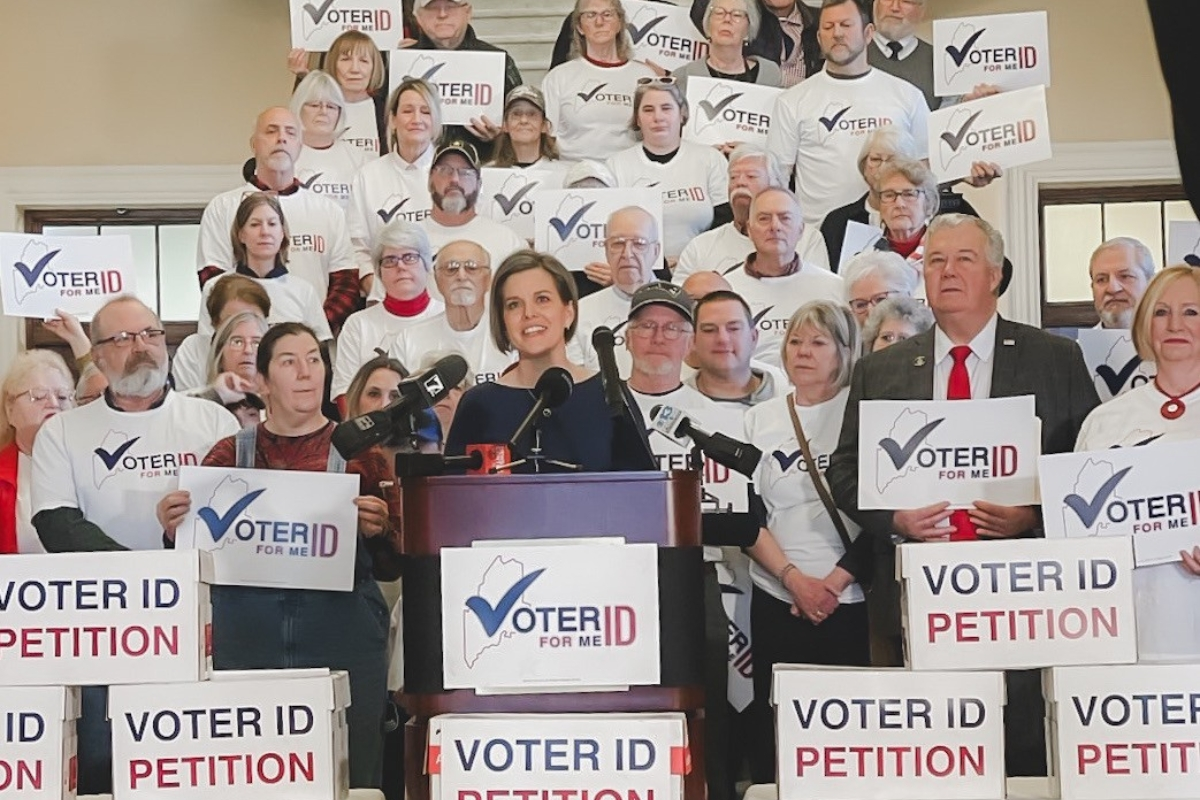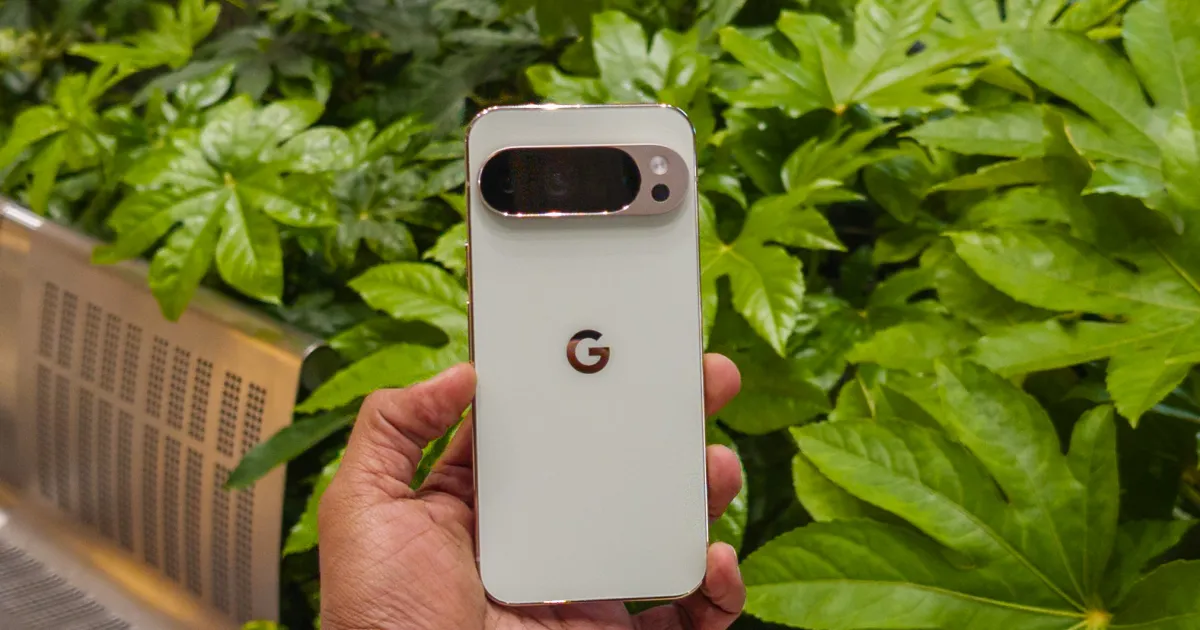
The BDN Opinion section operates independently and does not set news policies or contribute to reporting or editing articles elsewhere in the newspaper or on bangordailynews.com
Amy Fried is professor emerita of political science at the University of Maine. She has a Substack newsletter called Political Sightlines and lives in Bangor. She co-authored an amicus brief in the ballot language case.
Mainers are enthusiastic voters, whether for candidates or ballot questions. This fall we’ll be voting on a referendum about the voting process itself.
Question 1 has been described in widely varying ways. Some, notably seniors and people with disabilities, focus on its impact on absentee voting, noting it would make voting harder. Others emphasize voter ID, as did the petitions used to qualify the referendum.
Both are in the proposed law, but the title of the legislation mentions only one. Understanding why requires looking at what occurred during the petition process.
Here’s what happened: In February 2024, the group planning the referendum submitted their application for petitions to the Secretary of State’s office, along with the legislation that would take effect if the measure passed, according to a brief filed on behalf of Maine’s Secretary of State. They titled it “An Act to Require a Person to Present Photo Identification for the Purpose of Voting.” As is standard, the Revisor’s Office proposed some technical edits. Instead of accepting them, the proponents said they’d submit a revised draft later.
When proponents submitted that new version in April, it had changed significantly, with many new provisions altering Maine’s absentee voting system.
But the title stayed the same.
As a result, when Mainers signed petitions to put this referendum on the ballot, the misleading title obscured the reality of the legislation. It’s likely that very few of those who signed the petition were aware of the proposal’s sweeping restrictions on absentee voting.
Fortunately, the description voters will now see tells the full story.
That’s thanks to Maine’s top court. After the Secretary of State’s office wrote a ballot summary reflecting the full scope of the proposed law, the referendum’s backers sued, arguing the language should focus narrowly on voter ID. The Maine Supreme Judicial Court turned them down.
If the proponents wanted a referendum solely on photo ID, they could have written legislation accordingly. Instead, after getting the bill title they wanted for petitions, they added many absentee voting provisions. Yet oddly enough, they’re criticizing the accurate summary as “shenanigans” and “weaponizing.”
In truth, Question 1 is mostly about absentee ballots, and limiting absentee ballots matters a lot.
Many Mainers vote absentee, which under Maine law includes early in-person voting and vote-by-mail. In November 2024, a whopping 45% used absentee ballots.
Last year, 61% of Mainers over 65 voted by mail. Maine seniors and people with disabilities can currently sign up to receive an absentee ballot each future election. Question 1 would remove that option.
Voters and their family members can now request absentee ballots by phone. This helps housebound Mainers. One spouse can call for their husband or wife. Question 1 would ban that, too.
How would a senior who can’t drive get her ballot? Many would need a family member or friend to take them to vote in person, possibly on a snowy day when they’re working. Sometimes that won’t be feasible. True, ballots could still be requested by mail but, with the new ID requirement, how would that work?
Let’s be honest: voting by mail would get harder.
And vote-by-mail would become more costly. Towns would no longer be allowed to pay for return postage. At the same time, the referendum sets up a new process. Ballots would go inside an inner envelope that voters must mark in specific ways, then into a mailing envelope. With this increased weight, a second stamp could be needed.
When states use a dual envelope system, minor errors lead to legitimate ballots being rejected. We don’t want that in Maine.
Meanwhile, if Question 1 passes, the last day you could vote early in-person or request a mail ballot would essentially be a week before the election. With fewer days to vote, expect to spend more time in line on Election Day.
All of these changes would weaken Maine’s strong voting system and make it harder to vote.
Our friends, family, and neighbors deserve to know what Question 1 would actually do, and how it came to be. Let’s make sure they do.



